Starfleet Is Too Powerful
Starfleet has a military chain of command, military ranks, military uniforms and it carries out military missions. Yet Picard insists in “Peak Performance”, when he objects to participating in a wargame, that “Starfleet is not a military organization. Its purpose is exploration.”
Gene Roddenberry modeled Starfleet on the merchant marine. Nichelle Nichols called it the “philosophical descendant” of NASA. Even Nicholas Meyer, who brought a more militaristic attitude to the franchise in Star Trek II, compared Kirk’s service to the Coast Guard in an audio commentary for the 2004 DVD of Star Trek VI: The Undiscovered Country.
Starfleet may be more than an army and a navy, but to claim it is less beggars belief.
Yet it’s not just Picard or Starfleet that is in denial about itself; the Federation gives the organization way more power than a democratic government would any military.
And Starfleet has often proved itself unworthy of the trust the Federation places in it.
Coup attempts
Most notoriously, high-ranking Starfleet officers assassinated the Klingon chancellor on a peace mission, and conspired to assassinate their own president, in The Undiscovered Country. They attempted a coup d’état in Deep Space Nine.
About one in three Federation Council members in Star Trek IV wear Starfleet uniforms. Even if we assume this wasn’t the full council but rather a committee overseeing Starfleet (which would explain why it met in San Francisco in a building that would show up as Starfleet Headquarters in The Next Generation), and even if we assume those lawmakers were retired rather than active-duty admirals, it would still mean Starfleet answered to politicians of whom one in three were formerly in Starfleet themselves.
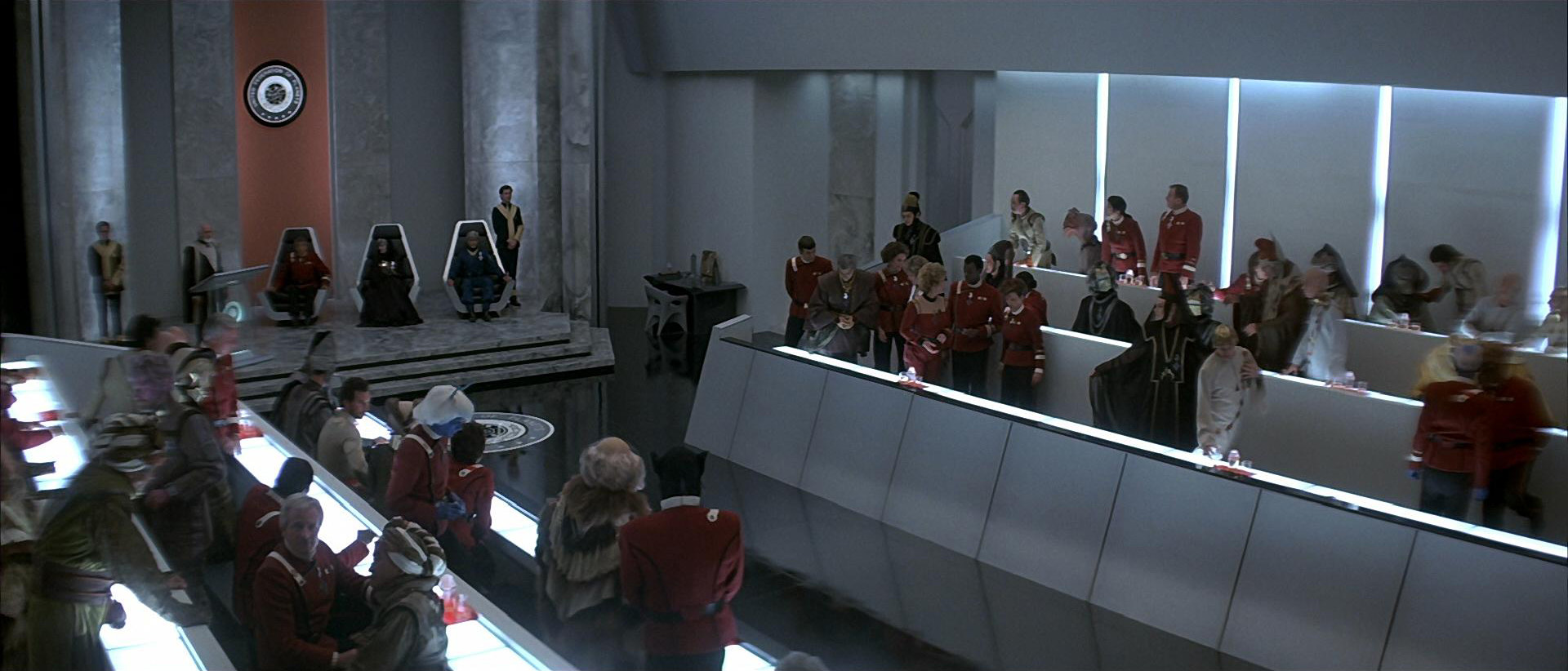
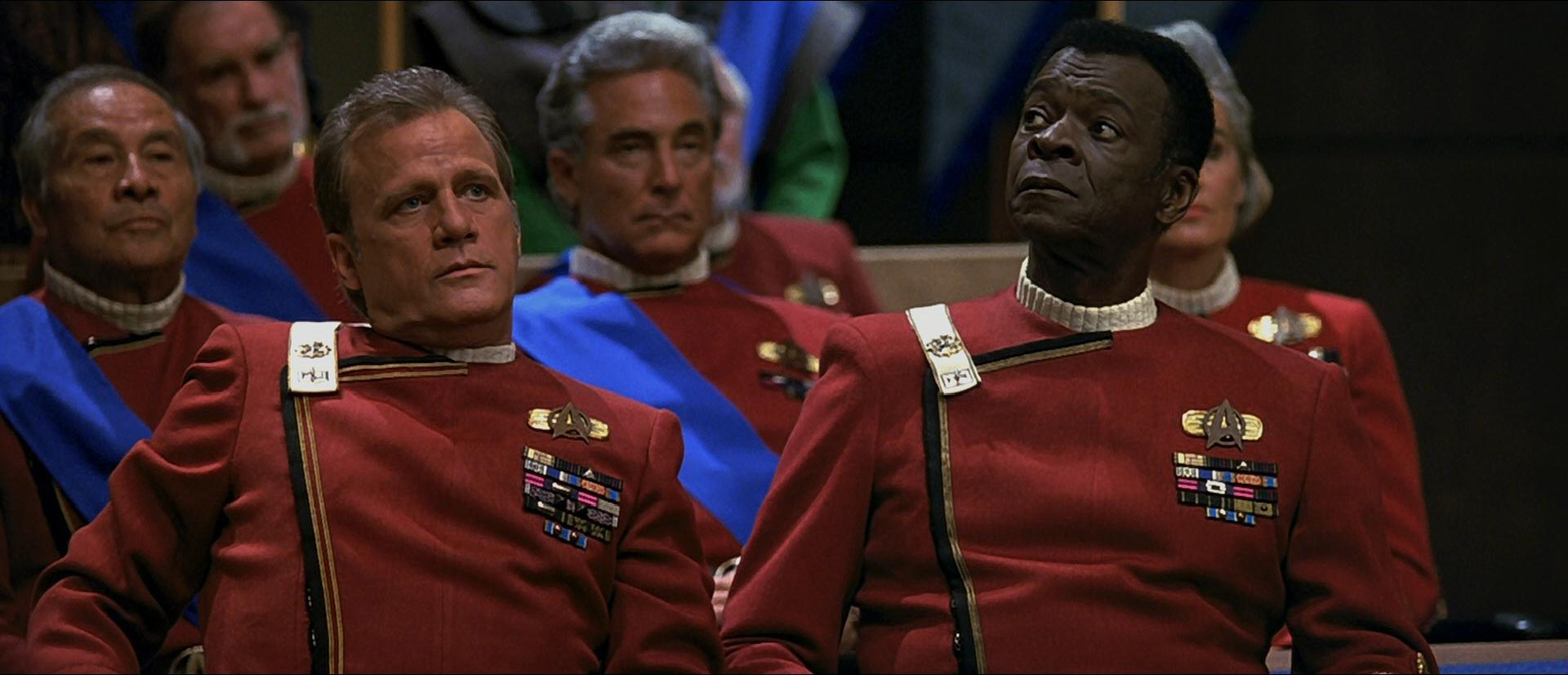
In Star Trek VI, Starfleet is put in charge of escorting the Klingon chancellor to a peace conference many Starfleet leaders oppose, not in the least because it would diminish their power. One admiral worries, “Are we talking about mothballing the Starfleet?” They give the mission to Kirk, whose son was killed by Klingons and who calls peace with the empire a “terrifying idea”. Where are the diplomats?
Even after the Klingon chancellor is attacked and killed from a Starfleet ship, Starfleet’s top brass are given front-row seats to the Khitomer Conference, where the traitors among them try to assassinate the Federation president. The plot is only foiled at the last minute by other Starfleet officers.
In “Homefront” and “Paradise Lost”, it are again Starfleet officers who prevent a Starfleet coup. But the fact that Leyton could almost succeed with one starship and a few cadets, and could only be stopped by Starfleet, does not suggest the Federation learned the lesson of the Khitomer conspiracy: there is no counterweight to Starfleet and too little (if any) civilian oversight.
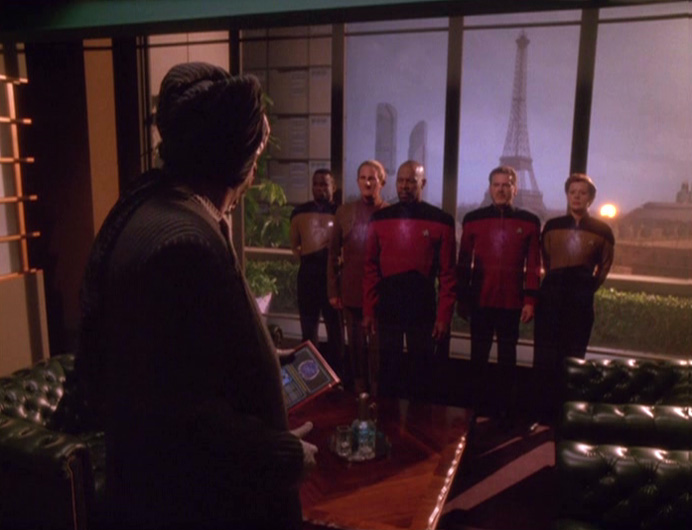
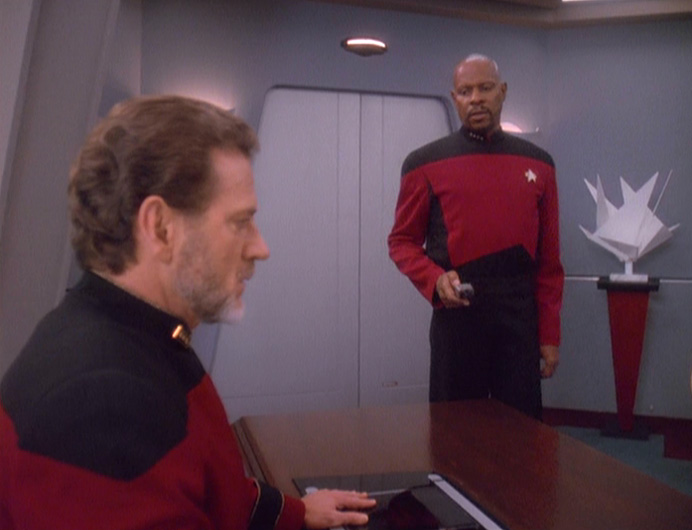
The president of Star Trek VI at least resisted (in a deleted scene) a Starfleet proposal to invade Klingon space and rescue Kirk and McCoy. The president of Deep Space Nine does whatever Starfleet wants him to, including subjecting the population of Earth to random blood tests in an attempt to ferret out Dominion infiltrators. Sisko’s father (played by Brock Peters, who ironically also portrayed one of the admirals who plotted to scuttle the Klingon peace deal in Star Trek VI) is the only one who complains. No one else seems to worry Starfleet might abuse its “emergency” power, which it does. Starfleet controls, or is able to control, the entire energy grid of the Federation’s capital planet. In a crisis, Starfleet security patrols the streets of Earth. Are there no cops?
Unreliable captains
Starfleet is given an outsized role from the beginning of Star Trek. Individual starship captains like Kirk are trusted to assess Federation membership bids from alien worlds and make decisions that could affect the security of the entire Federation without so much as consulting Starfleet Headquarters, much less a civilian authority.
That trust is misplaced. Kirk contacts various pre-warp civilizations, and interferes in the natural development of Beta III (“The Return of the Archons”), Gamma Trianguli VI (“The Apple”) and Sigma Draconis VI (“Spock’s Brain”), in what are all clear violations of the Prime Directive.
In “Space Seed”, Kirk takes it upon himself to exile the former dictator Khan (whom he considers “the best of tyrants”) rather than bring him to justice for his crimes; an act of mercy that will backfire in The Wrath of Khan. Much like Joseph Sisko’s refusal to subject himself to warrantless Starfleet blood tests, David Marcus’ reluctance to surrender the planet-killing Genesis Device to Starfleet (which he calls “the military”) is made to appear alarmist. But he was right: as a result of Kirk’s negligence, Khan is able to take control of Genesis and detonate it.
And Kirk appears to have been one of the wiser captains of his time. Garth of Izar attempted a genocide (“Whom Gods Destroy”). Commodore Stocker risks war with the Romulan Empire in “The Deadly Years” by violating the Neutral Zone. Ron Tracey not only violates the Prime Directive in order to survive, but takes sides in a planet’s civil war in “The Omega Glory”.
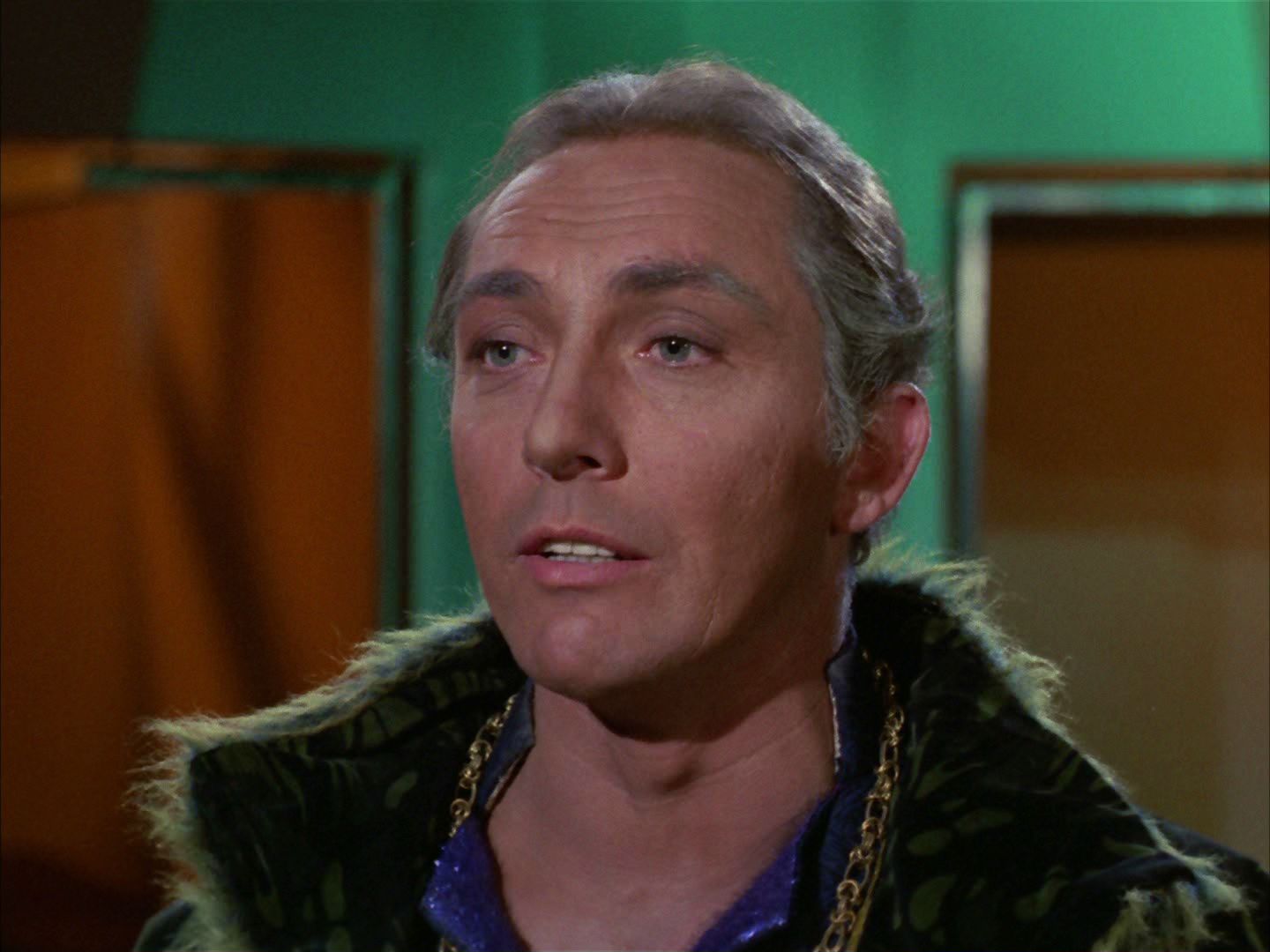
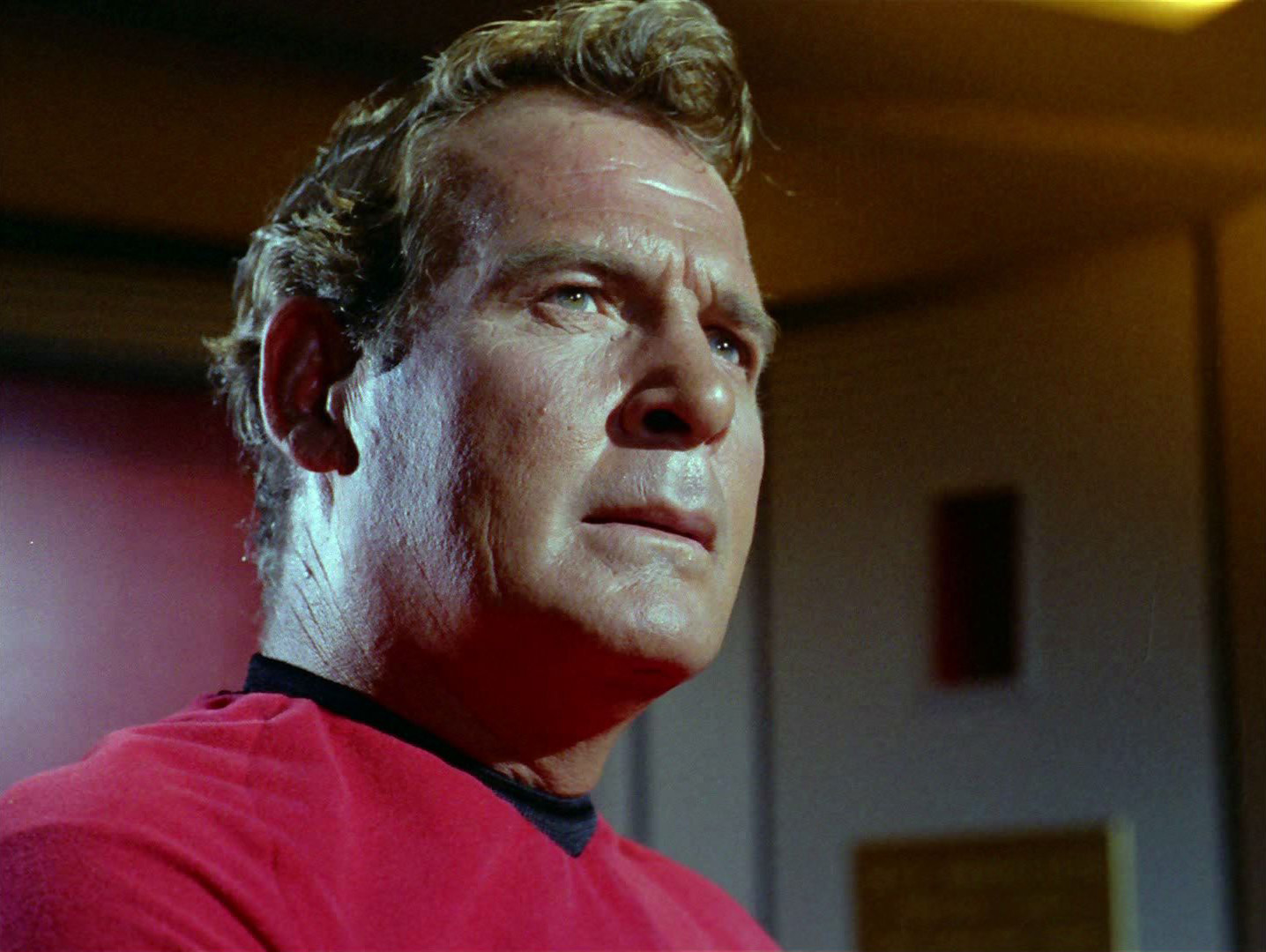
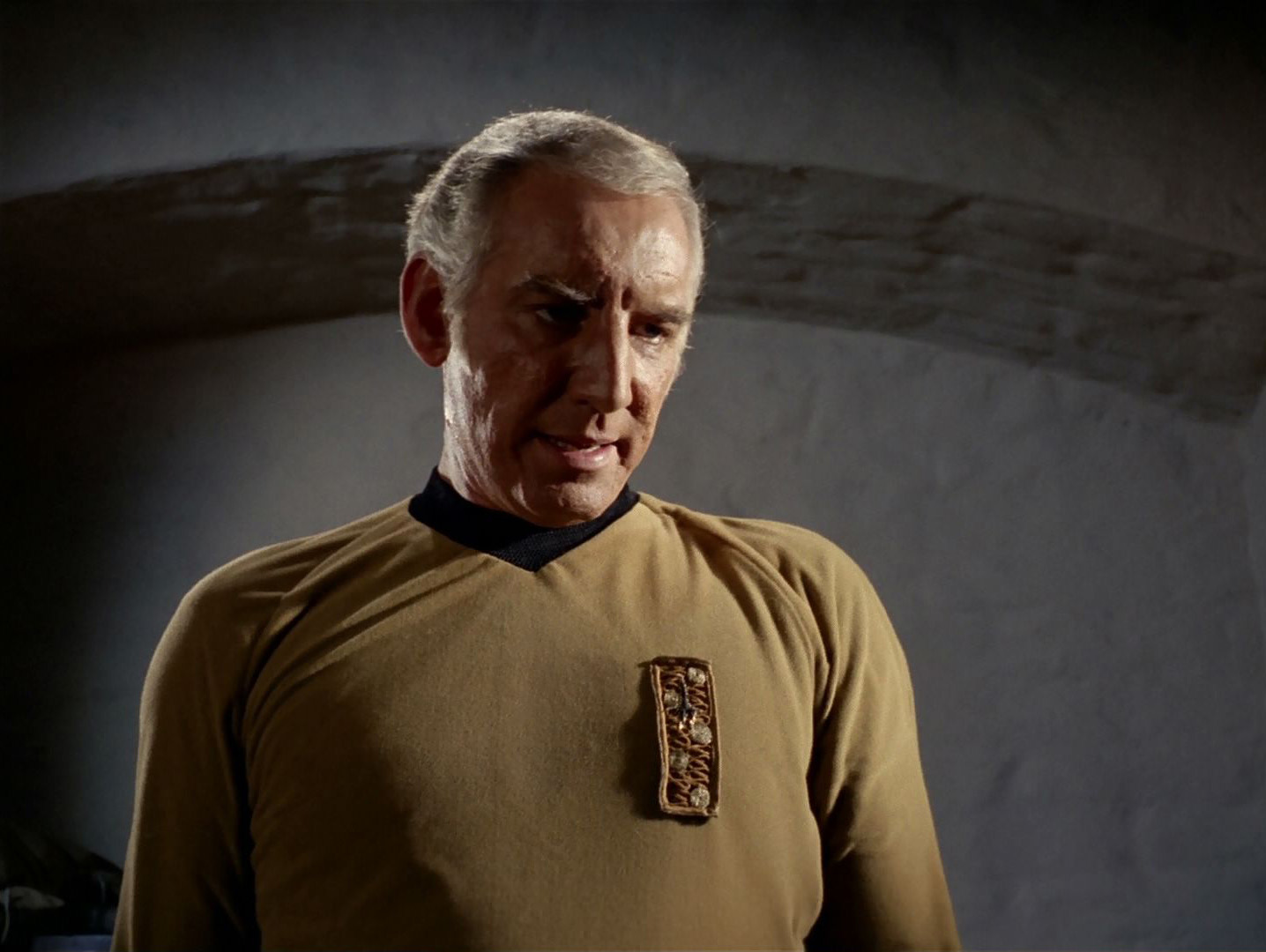
Picard is a better diplomat, staying out of the Klingon Civil War in “Redemption” despite a request for help from the legitimately elected chancellor, Gowron, and reasonable suspicions (that turn out to be accurate) his opponents are backed by the Romulans, who want to tear the Federation and Klingon Empire apart.
But Picard’s respect for the Prime Directive went so far that he would let entire civilizations perish, in “Homeward” and “Pen Pals”, rather than intervene. He didn’t even ask Starfleet Command for advice, much less the Federation Council, and it’s not as if there wasn’t time. The Federation seems to trust individual captains to decide the fate of millions, or even billions, of sentient beings.
Picard makes the opposite call in “I Borg” when he refuses to infect the Borg with a virus. That may have been the ethical decision, but should it have been Picard’s to make? In Deep Space Nine, the Federation Council will make the opposite choice when it refuses to share a cure for the Changeling virus with the Dominion.
Picard knowingly breaks the Prime Directive when a member of his crew is sentenced to death for stepping on the grass of Rubicun III in “Justice”. And he makes an exception for Roga Daynar and his enhanced soldiers in “The Hunted”, whose putsch against the Angosian government – a Federation applicant – he facilitates.
And yet Picard, like Kirk, compares favorably to other captains of his era.
Mark Jameson supplied both sides in Mordan IV’s civil war with weapons in exchange for Federation hostages, prolonging their fight by forty years. He was promoted to admiral (“Too Short a Season”).
Erik Pressman illegally tested a cloaking device aboard his ship, precipitating a mutiny which resulted in the deaths of most of his crew. He was promoted to admiral as well (“The Pegasus”).
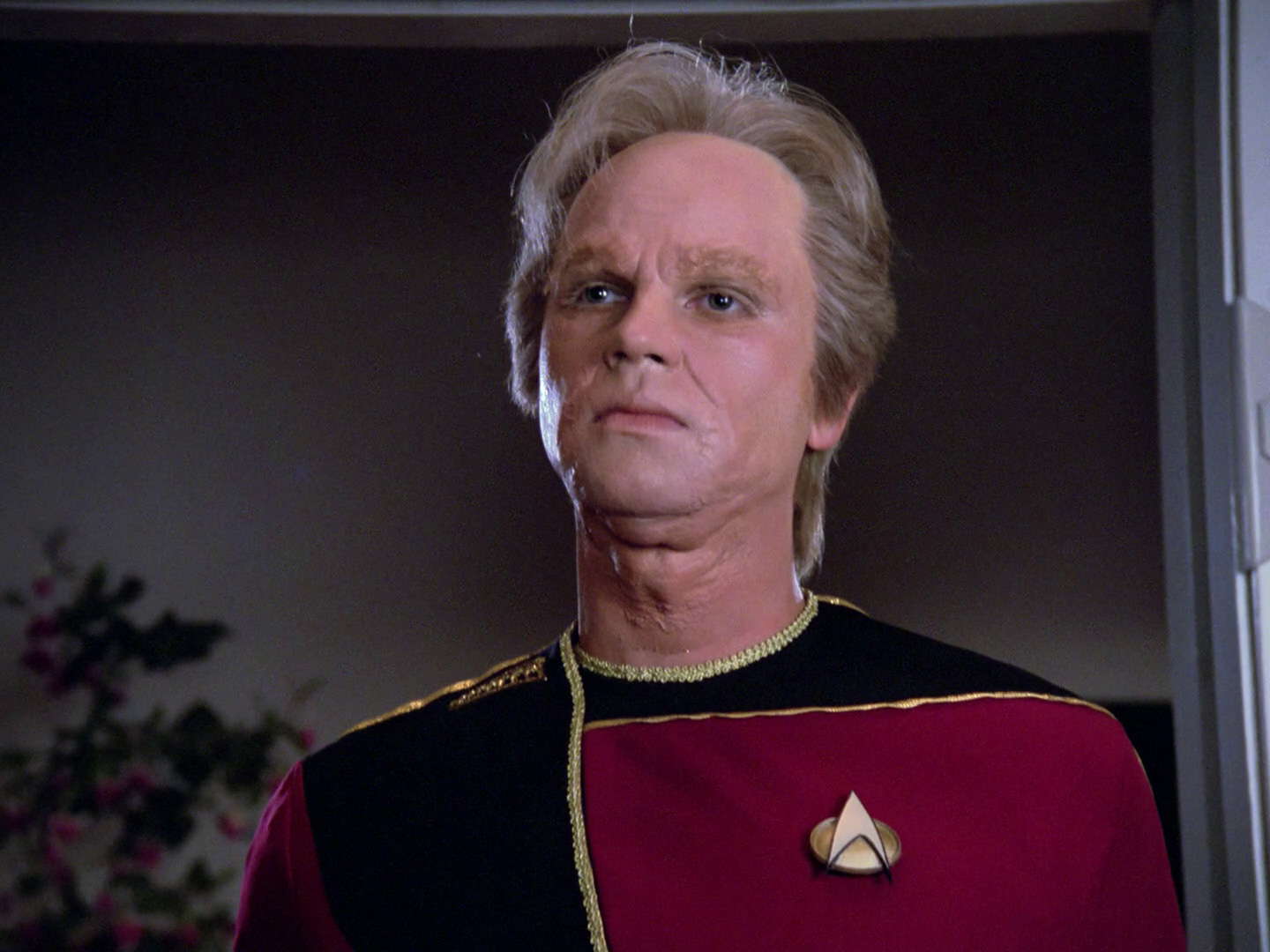
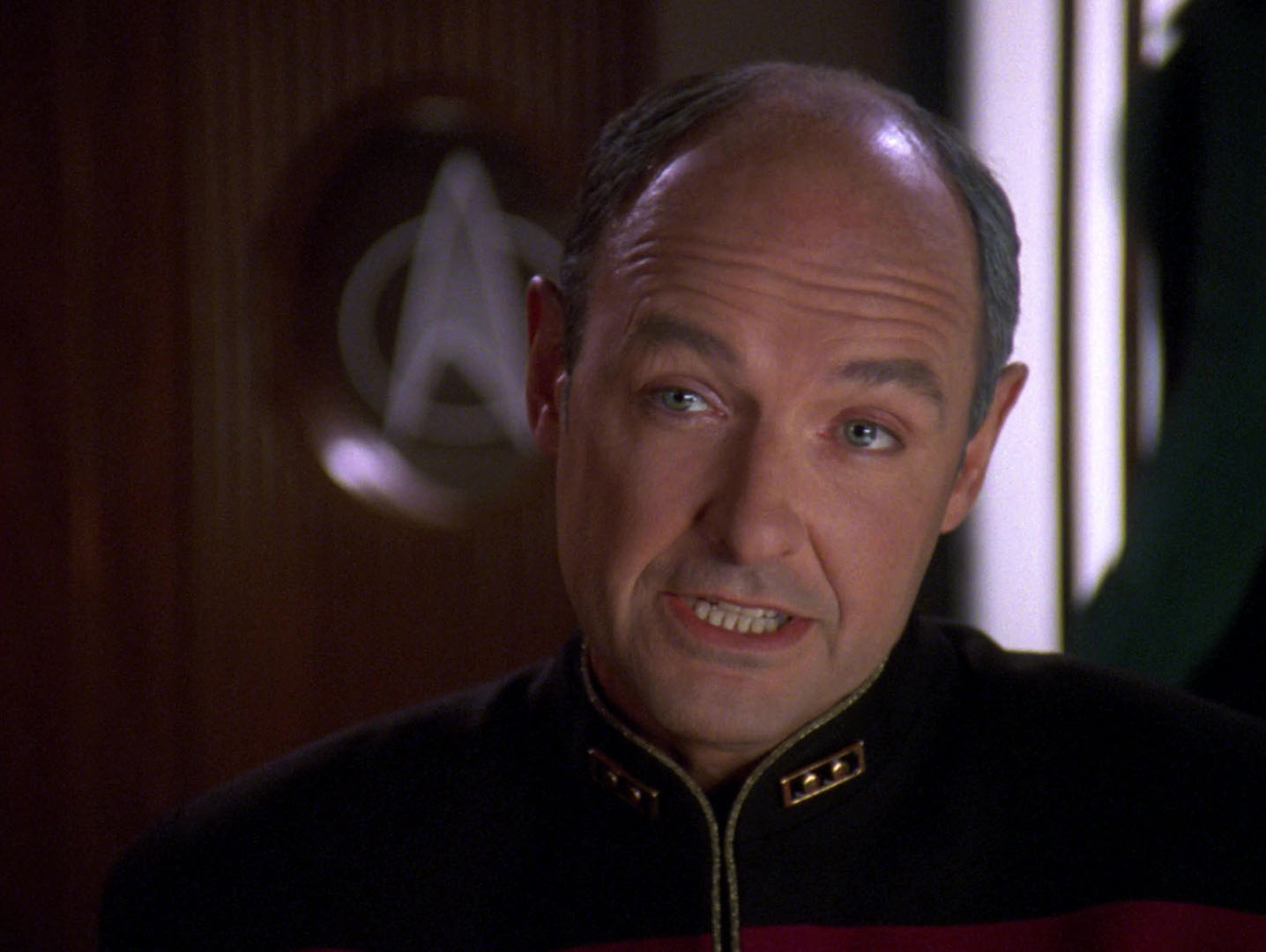
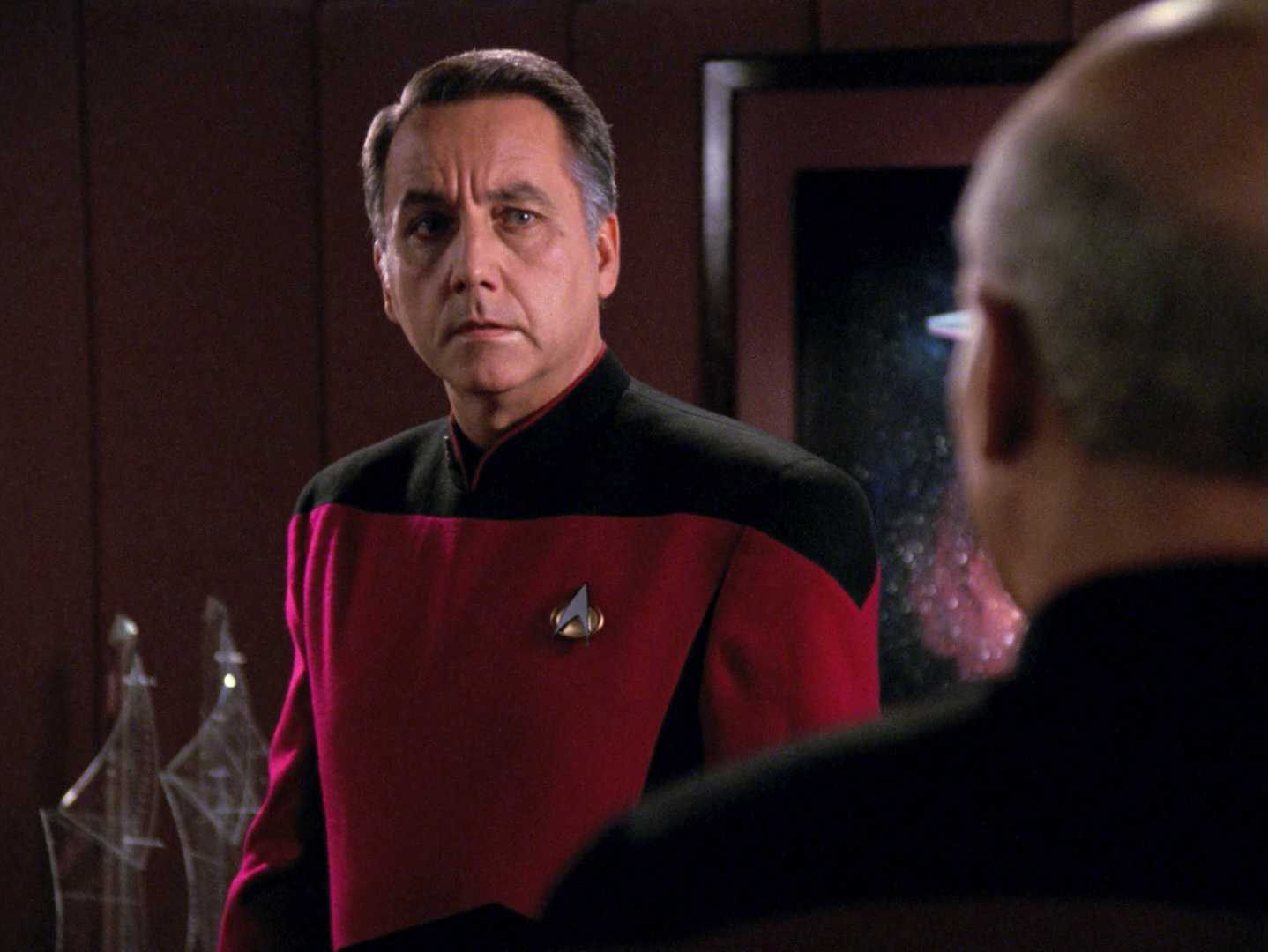
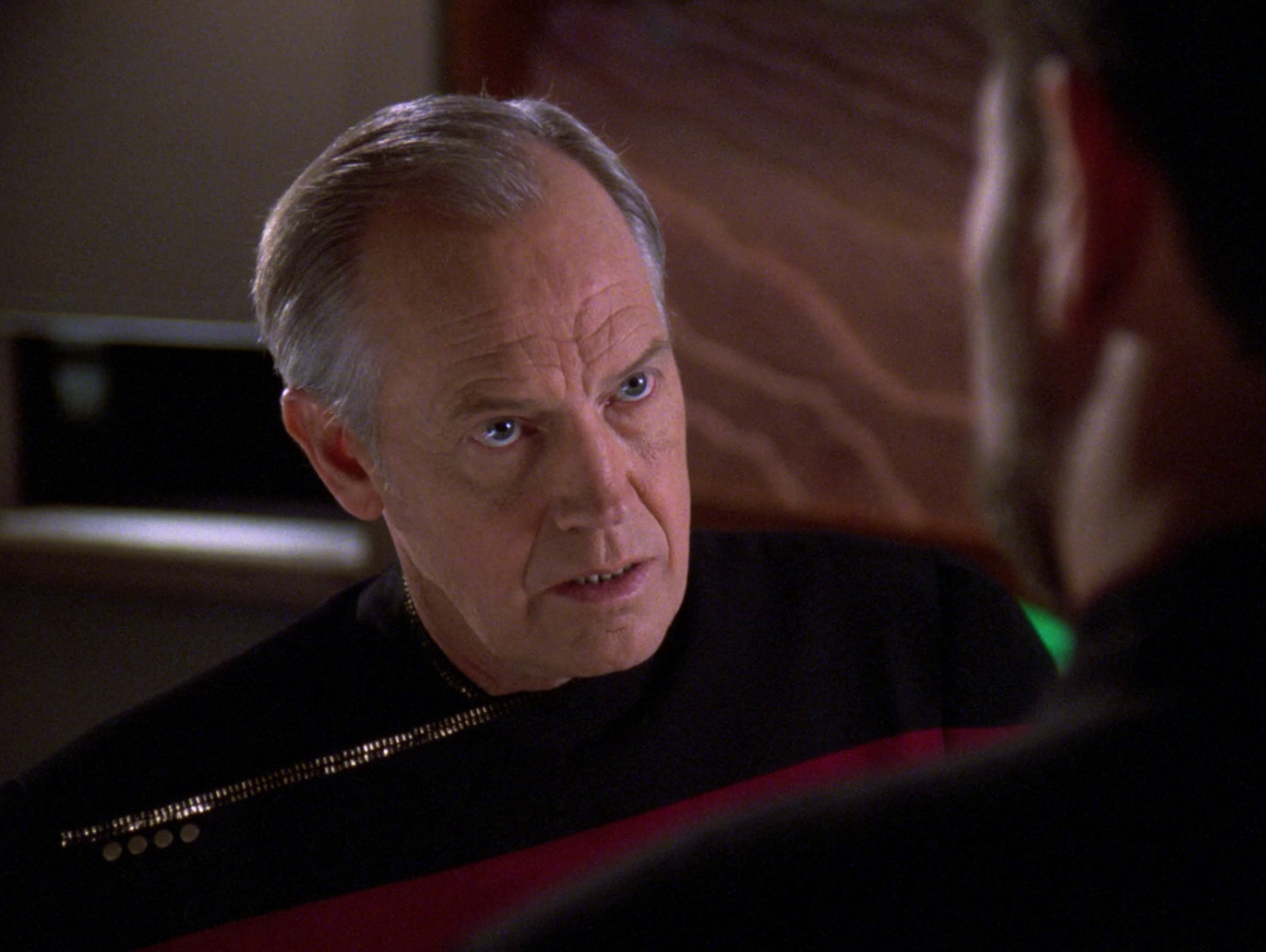
In “The Wounded”, a disgruntled Starfleet captain ignores orders and hails to destroy every Cardassian ship, military or civilian, he can find, threatening the Federation’s only recently won peace with the Cardassians.
Edward Jelico conducts at the very least questionable diplomacy with the Cardassians in “Chain of Command”. But why is he conducting diplomacy at all? If there was time to replace Picard in advance of the talks, there must have been time to bring a diplomat on board.
In “For the Uniform”, Sisko poisons an entire planet in order to apprehend the traitor Eddington; a war crime for which he is not even reprimanded, much less prosecuted.
In “In the Pale Moonlight”, Sisko covers up the murder of a Romulan diplomat in order to lure the empire into the war against the Dominion. A military officer taking it upon himself to hoodwick a foreign power into declaring war on his enemy is illegal in most countries today. It would surely be illegal in the Federation of 2374.
If any of these scandals led to a public outcry, Federation Council investigations or revision of Starfleet’s mandate or standing orders, we didn’t hear about it.
Insane admirals
Worse than captains, insane Starfleet admirals are so common they have become a TV trope.
Admiral Kennelly makes a deal with the Cardassians in “Ensign Ro” that involves offering weapons to suspected terrorists only to betray them to the Cardassians.
In “Chain of Command”, Admiral Nechayev sends Picard on a covert mission into Cardassia that risks provoking the very war she is afraid the Cardassians might start, and it turns out to be a trap.
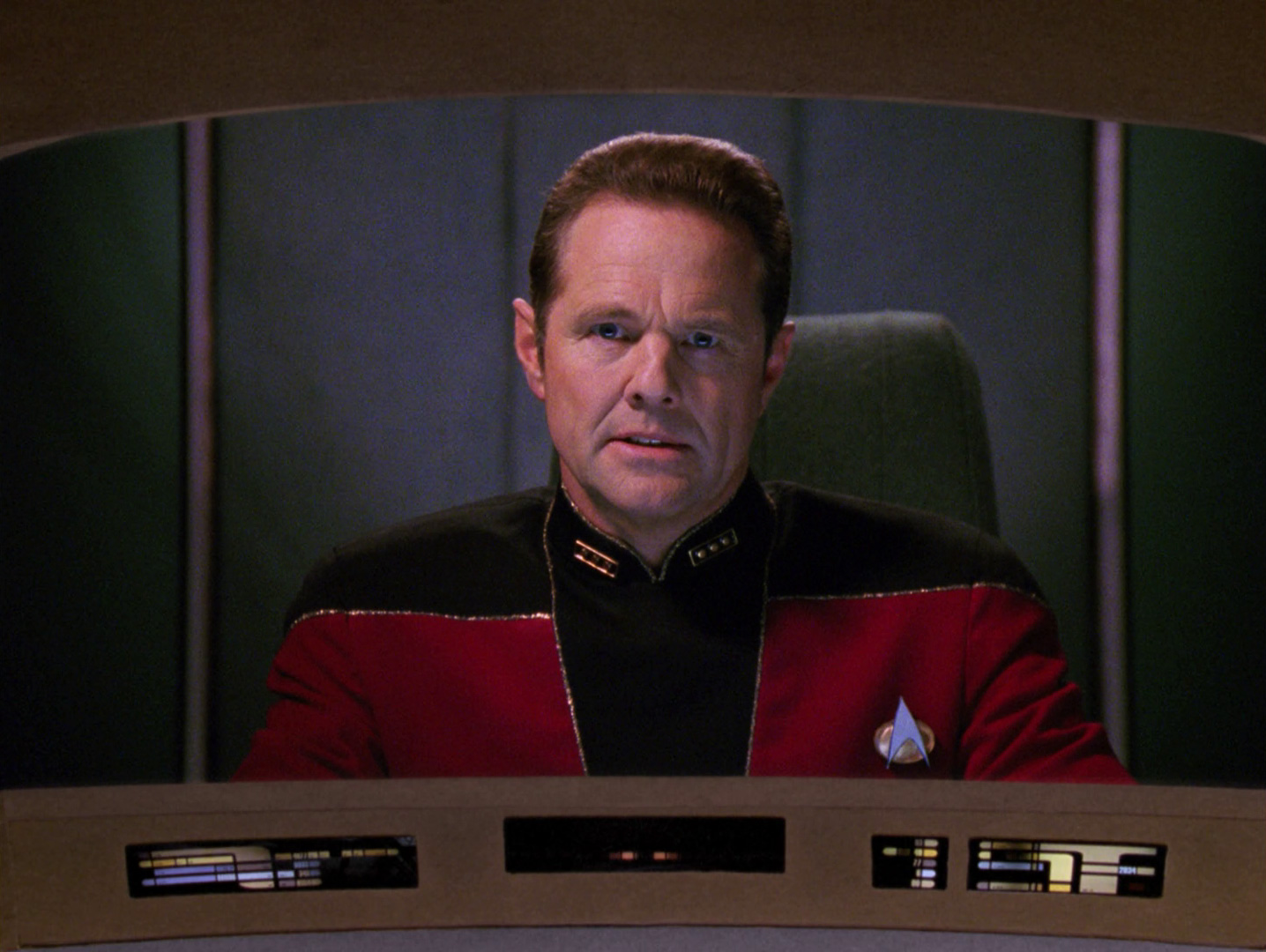
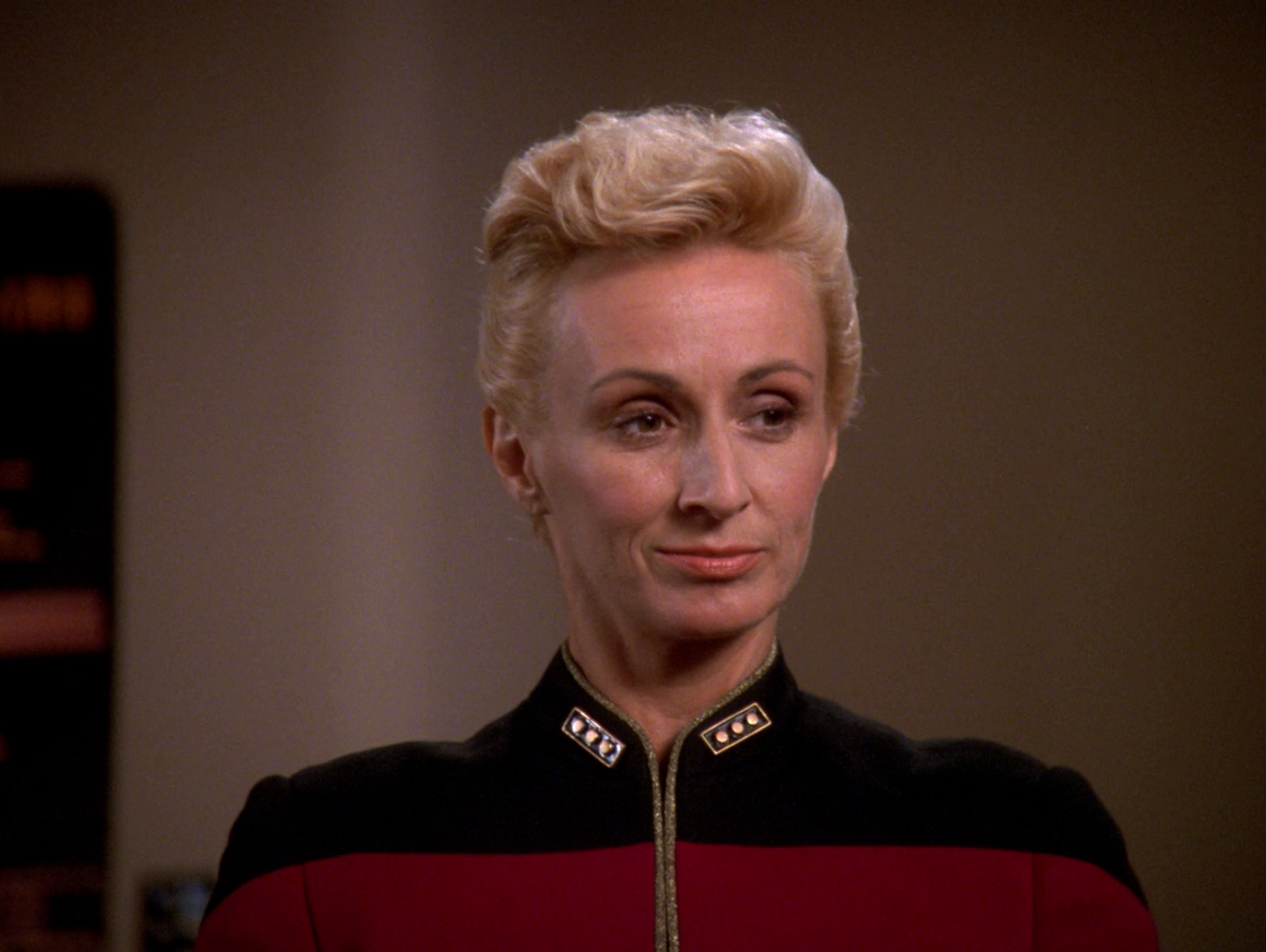
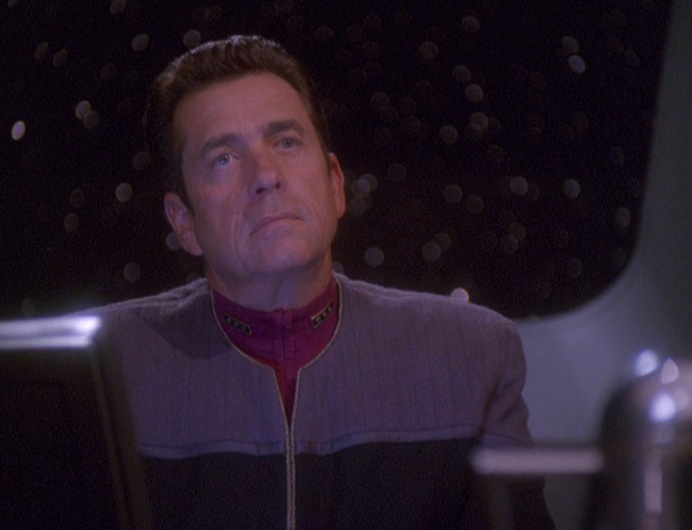
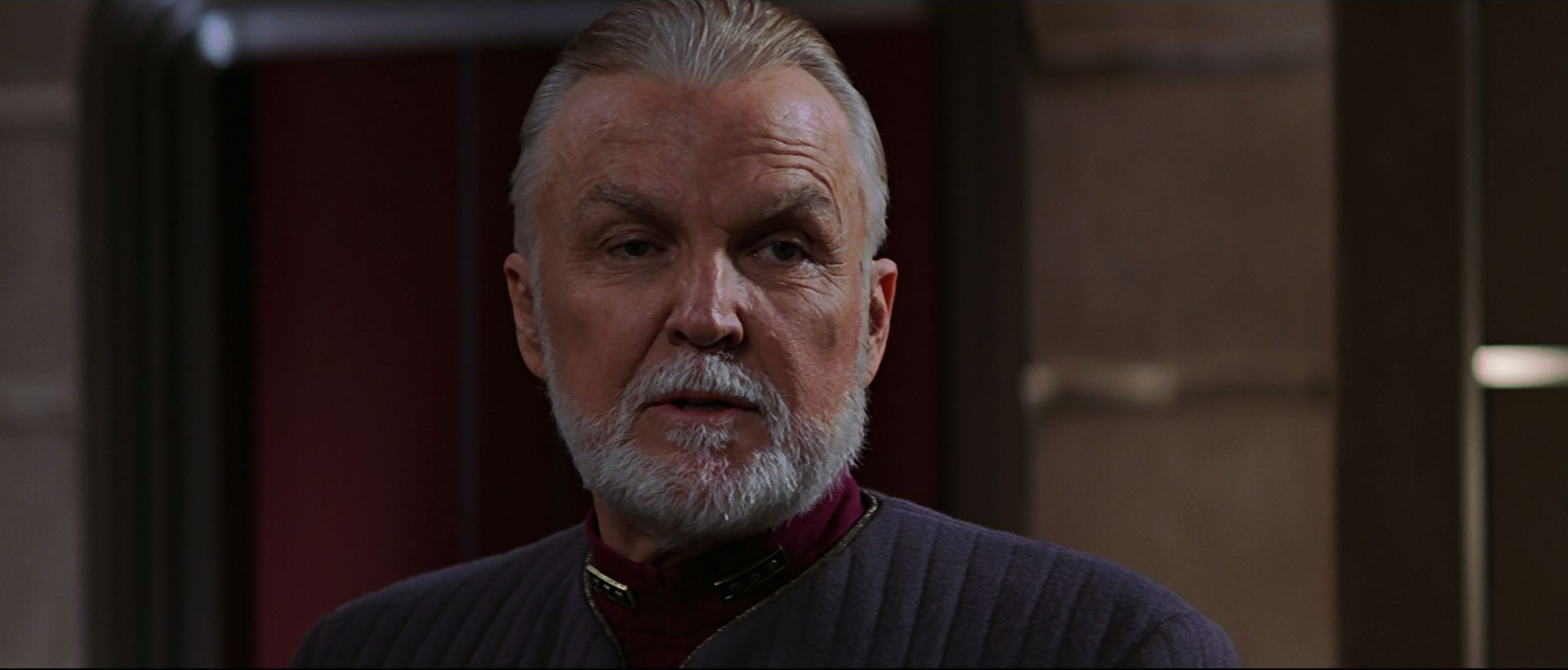
Admiral Ross is involved in an unsanctioned Section 31 plot in “Inter Arma Enim Silent Leges” that leads to the imprisonment, and possibly execution, of a Romulan senator.
Section 31 assassinates, sabotages and even attempt a genocide, yet Starfleet Command doesn’t just turn a blind eye; it actively collaborates with Section 31 when it believes the ends justify the means.
In Insurrection, Admiral Dougherty conspires with the Son’a to forcibly resettle the Ba’ku and steal their natural resources.
Not insane but idiotic, Admiral Chekote orders Starfleet to evacuate Deep Space Nine when Bajoran extremists, secretly controlled by the Cardassians, take over the station in “The Circle”. The strategic implications – for control of the Bajoran Wormhole, the security of the Federation border and Bajor’s membership bid – are considerable, but if Chekote consulted with the president or Federation Council it must have been off-screen.
Little wonder that when parasitic aliens tried to take over the Federation in “Conspiracy”, they infiltrated Starfleet, not the Federation’s civilian government. They understood that controlling Starfleet is the key to controlling the Federation. The Federation chooses not to see it.
